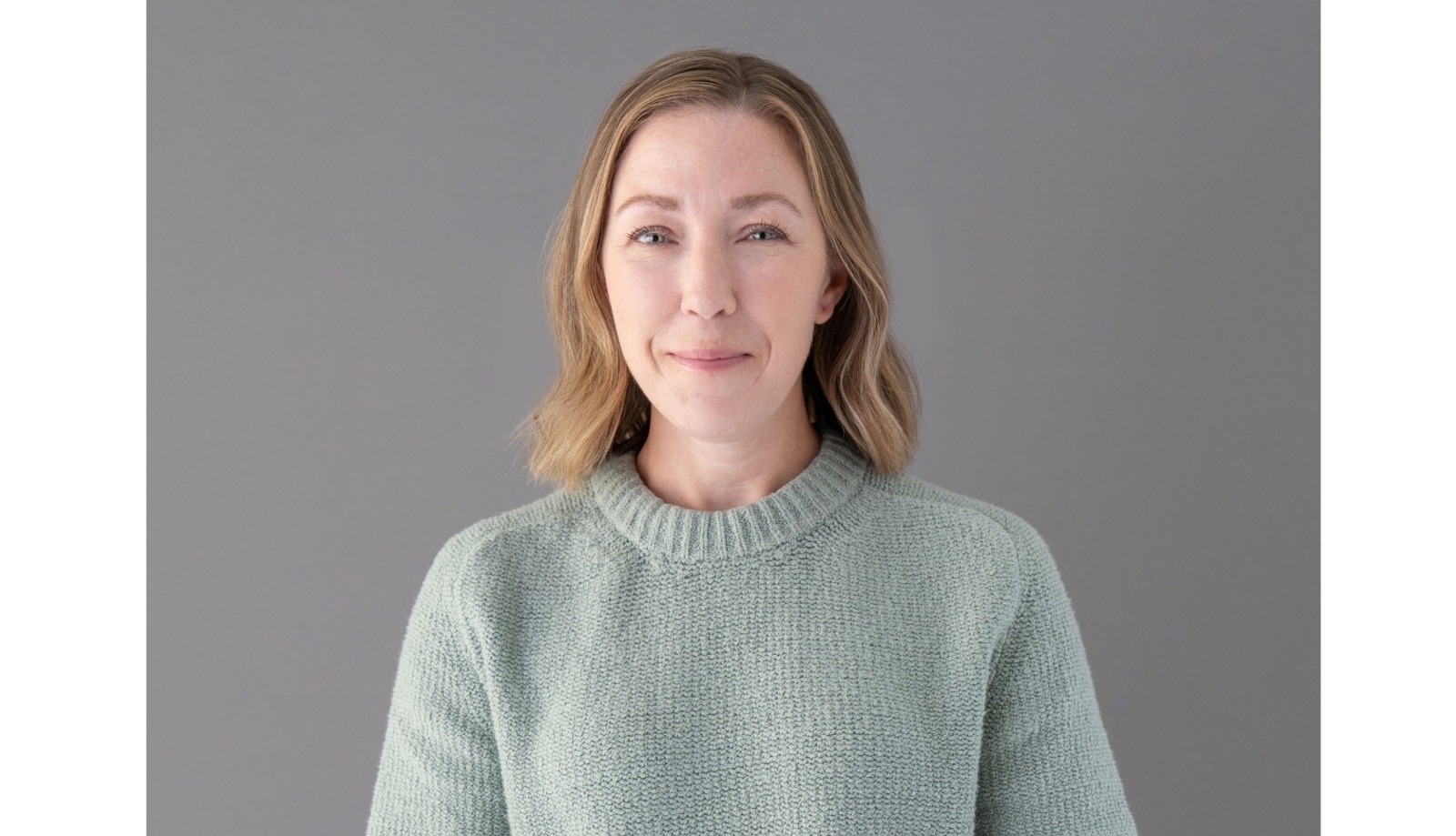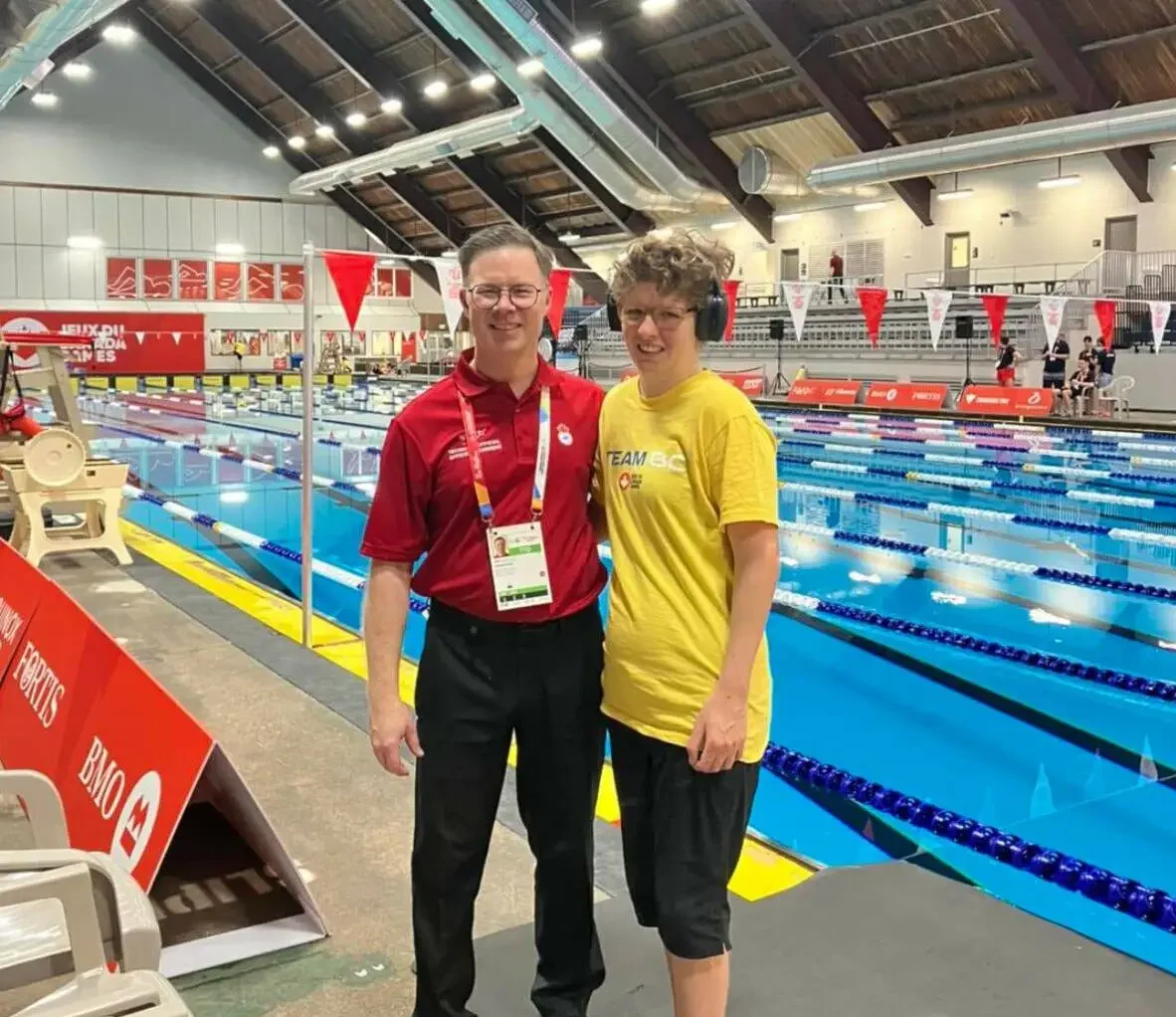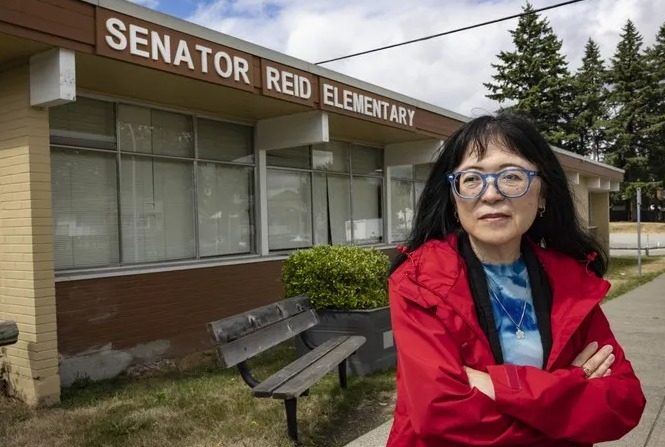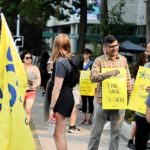A Japanese-Canadian historian is calling on Surrey Schools to rename Senator Reid Elementary, citing the politician’s role in WWII-era injustices.
Historian Calls for Change
The Surrey Board of Education is reviewing a renewed call to rename Senator Reid Elementary School in Cedar Hills. The request comes from Lorene Oikawa, a Japanese-Canadian historian and longtime Surrey resident, who argues that the school’s namesake played a central role in the forced removal of Japanese Canadians during the Second World War.
Concerns Over School Namesake
In a letter to Surrey school trustees, Oikawa described Senator Thomas Reid as a politician who openly promoted anti-Japanese policies in the 1940s. “Thomas Reid’s racist comments and actions against Japanese Canadians are well documented,” she wrote. “It is perpetuating the injustice to have his name on a school.”
School Board’s Position
The district confirmed that Oikawa’s request will be discussed by trustees this month. Surrey Schools currently has guidelines for naming new schools, but no formal process for renaming existing ones. While Oikawa has not suggested an alternative name, she insists that the current one must be removed to reflect inclusive values.
Historical Context
Reid, a Liberal MP during the war, advocated for the removal of all Japanese Canadians from British Columbia, despite a lack of evidence of disloyalty. More than 22,000 people of Japanese ancestry were dispossessed, incarcerated, and displaced from 1942 to 1949. Prime Minister Mackenzie King later admitted in Parliament that no acts of sabotage had been committed.
Lasting Legacy
Even after his appointment to the Senate in 1949, Reid continued to spread unfounded fears about Japanese Canadian espionage, according to Oikawa. She compares the situation to Port Alberni, where a school named after Reid’s colleague, A.W. Neill, was renamed Tsuma-as Elementary in 2021.
A Personal Connection
Oikawa, whose family has lived in Canada for generations, recalls that her parents were children when they were forced from their homes. She says her own education in Surrey did not include Japanese-Canadian history. “More needs to be done to ensure we have an inclusive curriculum,” she said.
Your voice. Your city. Your news. Stay connected with Surrey Speak.


























